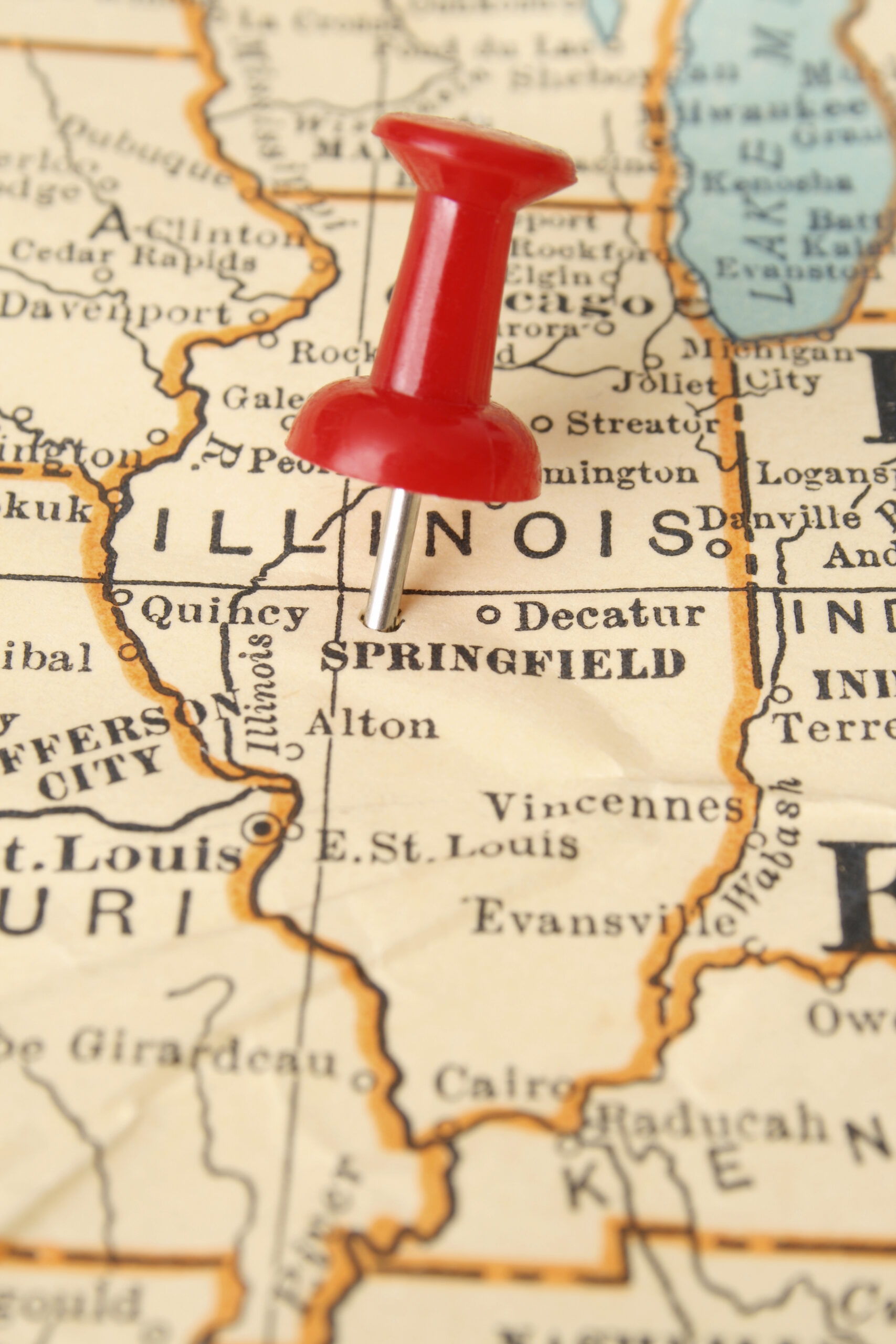In 2020, the Governor announced the Business Interruption Grant (BIG) program. Operated by the Illinois Department of Commerce and Economic Opportunity (DCEO), the program used federal tax revenue to give $585 million in grants to businesses to provide relief from the COVID-19 pandemic. In a recent audit of the program, the Illinois Office of the Auditor General found that the spending “failed to work as advertised” and that the program itself had insufficient oversight.
One of the key failures of the program was the DCEO’s inability to provide documentation of the Round 1 selection process for recipients of the grants. This implication is worsened by another finding that multiple administrators did not comply with conflict-of-interest policies. With the fairness of the awarded grants being called into question, additional findings—that $3.42 million was awarded to ineligible applicants and the program failed to verify with businesses their compliance to the program’s rules—show serious flaws with the execution of the program.
Alongside these findings, the Auditor General’s report makes 15 recommendations to the DCEO for future grant programs, including directing them to develop and maintain proper documentation on how the program selects grant administrators, develops administrative rules, checks for accuracy of applications, and complies with state statute.

Comments are closed